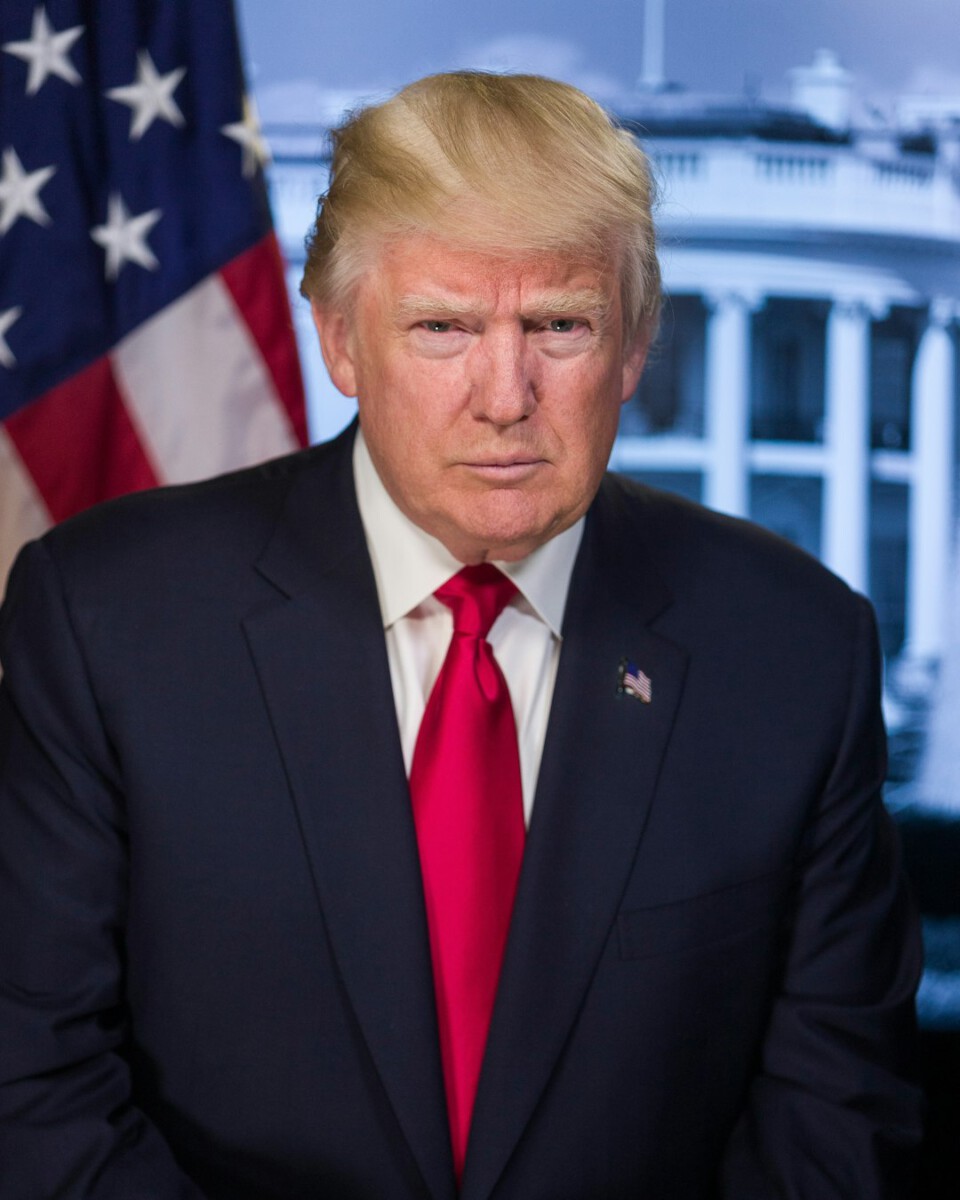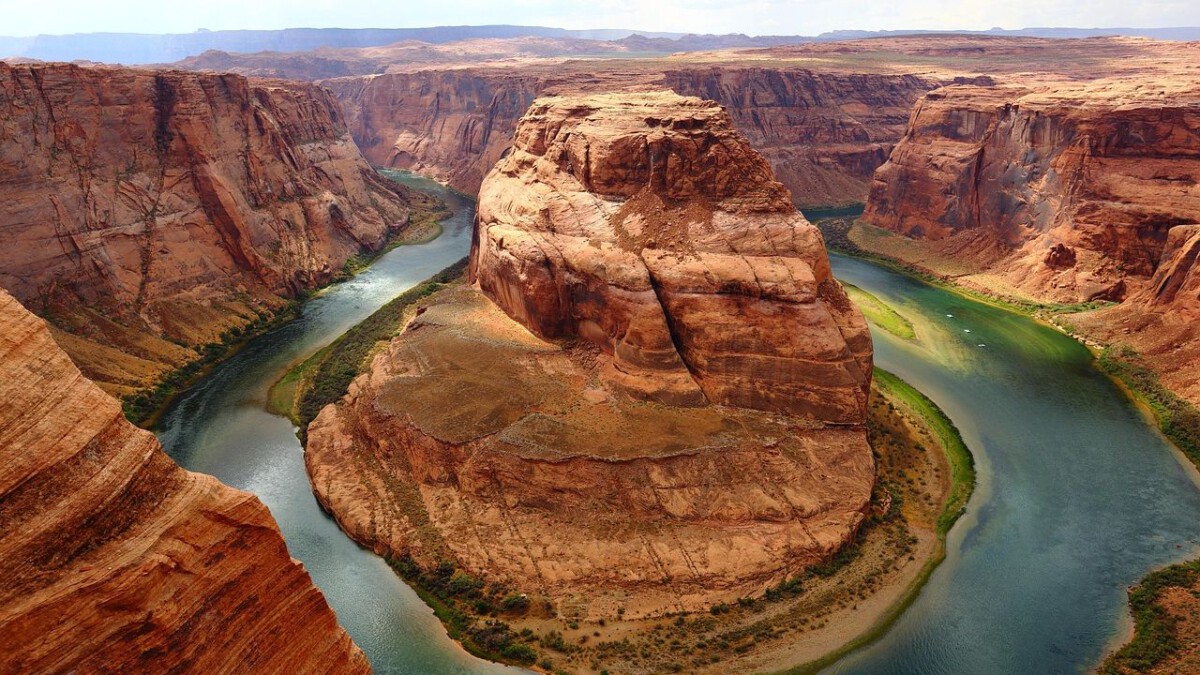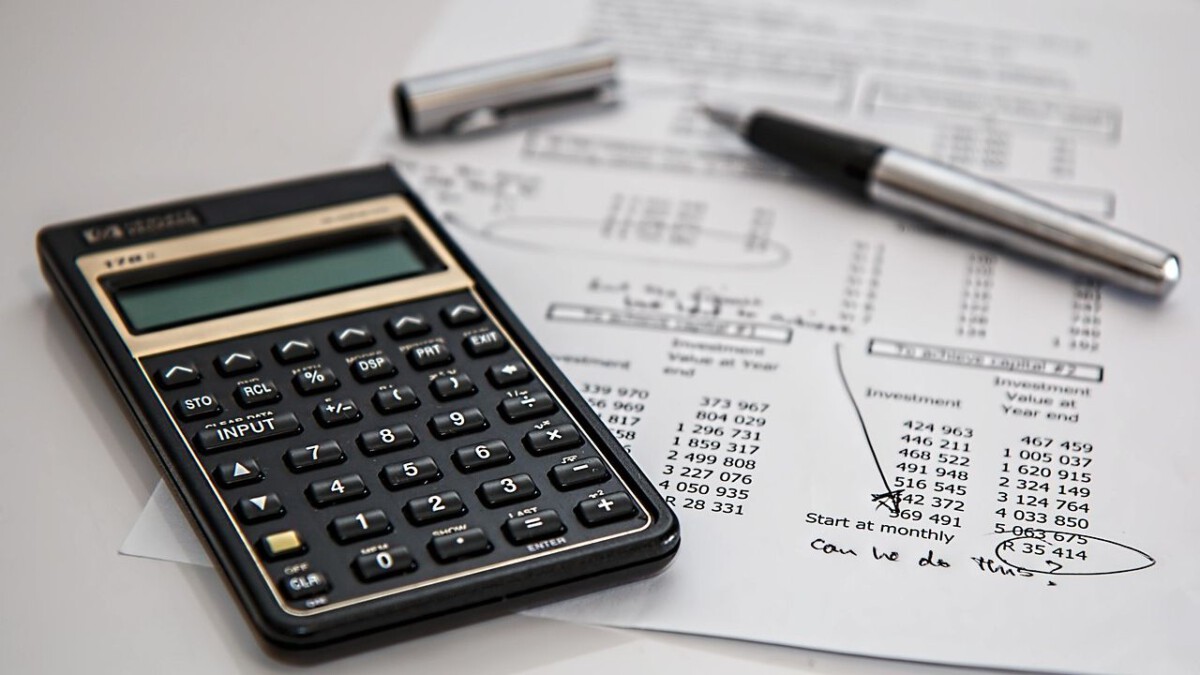Why This Meeting Feels Like a High-Stakes Poker Game (Image Credits: Unsplash)
Washington, D.C. – In the grand halls of the White House, under the crisp autumn light filtering through historic windows, a pivotal conversation unfolds between two leaders eyeing the global chessboard.
Why This Meeting Feels Like a High-Stakes Poker Game
Picture this: Donald Trump, back in the Oval Office, shaking hands with Anthony Albanese amid whispers of trade tensions and resource rivalries. It’s not just a courtesy call. Australia’s got something Trump desperately wants, and it’s buried deep in the outback.
Critical minerals like lithium, rare earths, and cobalt aren’t just rocks – they power everything from electric cars to fighter jets. With China controlling over 80% of the supply chain, the U.S. is scrambling for alternatives. Albanese’s arrival couldn’t be timelier, offering a lifeline in this escalating trade war.
Recent reports highlight how Beijing’s export curbs have left American industries reeling. Australia, sitting on vast untapped reserves, steps in as the reliable partner ready to deal.
The Minerals That Could Redefine Alliances
Australia produces a whopping 30 to 40 of the 50 minerals deemed critical by the West. That’s no small feat. These resources fuel the tech boom and military might, making them pure geopolitical currency.
Albanese’s pitch? Ramp up joint ventures and secure supply lines to bypass China’s grip. Think massive U.S. investments in Aussie mines, creating jobs down under while starving Beijing’s leverage. It’s a win-win that strengthens the AUKUS pact too.
Yet, it’s not without risks. Pushing too hard might provoke Chinese retaliation, like tariffs on Australian exports. Still, the potential rewards loom large.
Trump’s Trade War Playbook Meets Down Under Diplomacy
Trump’s no stranger to using tariffs as a weapon. His first term saw billions in levies on Chinese goods, and now he’s doubling down. Enter Australia as the counterweight, with minerals that could blunt China’s rare earth dominance.
Discussions likely touch on a “price floor” for these resources, ensuring stable markets. U.S. firms, from Tesla to defense contractors, would breathe easier knowing supplies aren’t at Beijing’s mercy.
Albanese treads carefully, balancing ties with both superpowers. Australia’s economy relies on China for sales, but security needs pull it toward Washington.
AUKUS and Beyond: Defense Ties Get a Mineral Boost
The AUKUS submarine deal already binds the U.S., UK, and Australia in a tech-sharing pact. Now, critical minerals could supercharge it, providing materials for nuclear-powered subs and beyond.
Imagine Aussie rare earths fueling American hypersonic missiles. It’s not sci-fi; it’s the next chapter in Indo-Pacific strategy. This meeting reinforces that bond, with Trump eyeing Australia’s role in countering Chinese expansion.
- Lithium from Western Australia powers EV batteries worldwide.
- Rare earths from the Northern Territory are key for magnets in wind turbines and drones.
- Cobalt mines in Queensland support renewable energy grids.
- Nickel deposits aid steel production for infrastructure.
- These assets position Australia as a strategic hub.
Potential Pitfalls in the Resource Rush
Excitement aside, challenges abound. Environmental concerns dog new mining projects, with locals pushing for sustainable practices. Rushing could spark backlash at home.
China’s response might include economic pressure, like past wine and coal bans. Australia learned that lesson the hard way. Diversifying buyers helps, but it’s a delicate dance.
Table stakes are high: A successful deal could reshape global supply chains by 2030, per industry forecasts.
| Mineral | Australia’s Edge | China’s Share |
|---|---|---|
| Rare Earths | Rich deposits, growing output | Over 60% |
| Lithium | World’s top producer | Minimal processing |
| Cobalt | Untapped reserves | 70% global supply |
What Comes Next for This Unlikely Power Duo
As the leaders wrap up, eyes turn to concrete outcomes – maybe a new minerals accord or investment pledges. It signals a broader shift: Western nations teaming up to challenge China’s monopoly.
The ripple effects? Cheaper tech for consumers, stronger defenses, and a more balanced trade landscape. Australia’s playing its cards right, turning natural wealth into diplomatic gold.
Key Takeaways
- Australia’s critical minerals offer a vital alternative to China’s control.
- The Trump-Albanese meeting bolsters AUKUS and trade resilience.
- Balancing U.S. alliances with China ties remains crucial for stability.
In a world of supply chain squeezes, this partnership feels like a breath of fresh air. What do you think – could Australia’s resources really shift the balance? Share your thoughts in the comments.








